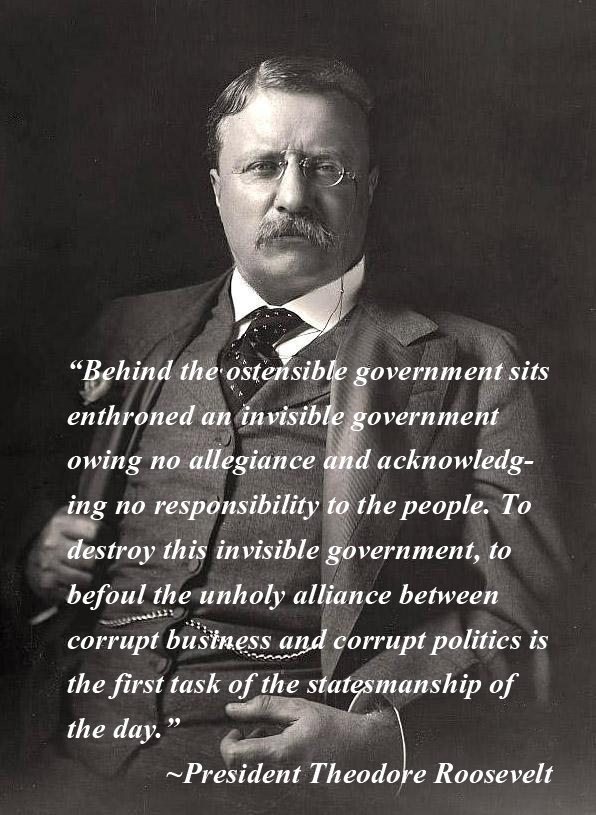Theodore Roosevelt’s maxim is the essence of successful politics since it accepts the reality of compromise. Thankfully, Sen. Joe Manchin of West Virginia appreciates TR’s maxim and prevented the ideologues on both sides from torpedoing necessary electoral reform. He has proposed only a set of principles at this point but they adopt many of the good provisions endorsed in my previous post and add new ones that improve on the more extreme provisions.
First, the campaign finance section includes the DISCLOSE Act and Honest Ads act sections of the bill that would open dark money contributions to the light. No longer could large last-minute contributions be hidden from view until after the election. He also strengthens enforcement of the Foreign Agent Registration Act and would address cybersecurity risks in election machinery. He also would make Election Day a holiday so more Americans would be able to participate in the process.
Sen. Manchin also takes the best of the voting rights provisions of the bill and adds a voting identification requirement that would allow utility bills and other less onerous methods to be used to verify identity. He would mandate a two-week early voting period that is already the practice in many states as well as automatic registration through drivers license offices. At the same time, states would be allowed to police their voter registration rolls by utilizing current interstate and federal mechanisms.
The two most controversial provisions deal with partisan gerrymandering and resuscitating the Voting Rights Act to control discrimination. The original bill would not only ban partisan gerrymandering, but would impose compulsory one-size-fits-all processes in all states. For example, my home state of Montana just gained a congressional seat and now will have two seats. Drawing the lines for those two districts will be much more straightforward than in my former home of Texas, which will have 35 seats. Manchin’s process for preventing gerrymandering is not yet clear, but envisions using objective computer models to reduce the ability of parties and incumbents to game the system.
Rather than impose detailed prescriptive regulations, Manchin proposes a more flexible way to prevent voting rights violations through a revised version of the John Lewis Voting Rights Act, named after the late civil rights activist and congressman. It would impose federal pre-clearance of electoral changes on any state and local jurisdiction with more than 15 voting rights violation in the previous 25 years. At the same time, he would require sufficient judicial review before any such finding could be made and create a way for a jurisdiction to end the pre-clearance process. This would create a realistic enforcement mechanism against any significant future abuses.
A copy of Sen. Manchin’s proposals is attached below and another analysis of their implications can be found here. The senator’s compromise is a step in the right direction, though it still could be improved in some areas. My next post will discuss why contributions solicited over the Internet are subject to abuse under current law and what could be done to prevent it.



